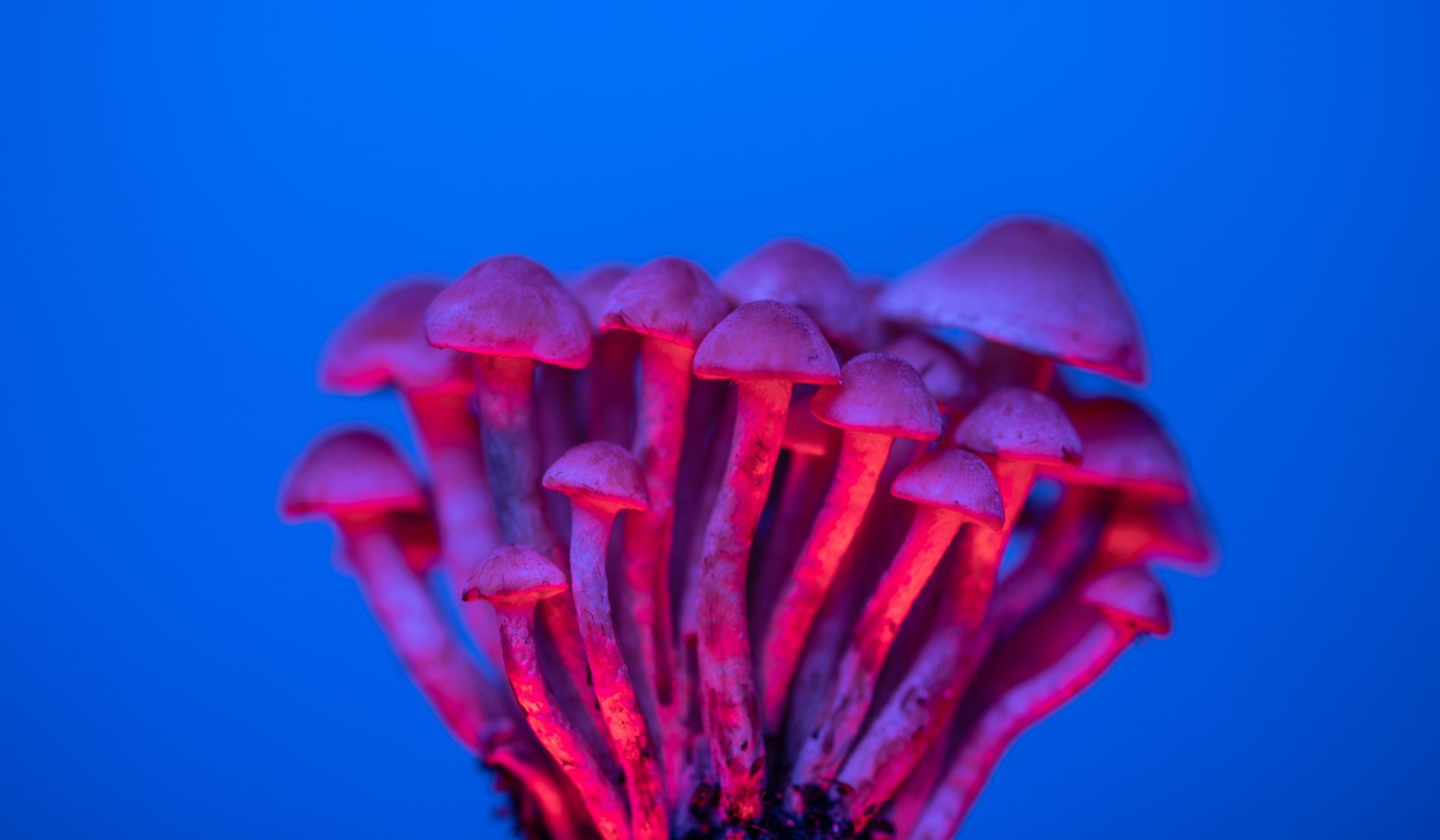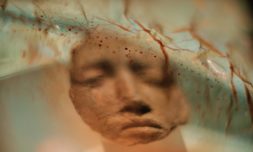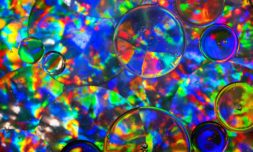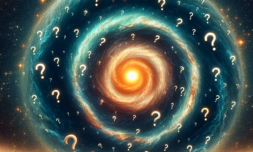In a world first, the country has officially recognised psychedelics as legitimate medicines. From July, authorised psychiatrists will be able to prescribe the drugs for treatment-resistant mental illnesses like post-traumatic stress disorder and depression.
For decades, scientists and researchers have sought to prove the extraordinary medical potential of psychedelic drugs.
Time and time again these mind-altering compounds have shown genuine promise in alleviating some of the most intractable (and expensive) conditions to treat, yet with stigma still firmly attached, attempts to rebrand and integrate them into current healthcare systems have been relatively futile.
Until now, that is, because Australia just became the first country in the world to officially recognise hallucinogens as legitimate medicines.
Announced last week, The Therapeutic Goods Administration stated they had found ‘sufficient evidence for potential benefits in certain patients,’ and that from July, authorised psychiatrists will be able to prescribe MDMA and psilocybin (the active ingredient in magic mushrooms) for treatment-resistant mental illnesses.
new: Australia's TGA to allow prescription of psilocybin and MDMA by psychiatrists
MDMA for treatment of post-traumatic stress disorder, psilocybin for treatment-resistant depression – strict controlshttps://t.co/XCS0KhWTHN pic.twitter.com/t4gmZPxxJe
— Josh Butler (@JoshButler) February 3, 2023
The TGA made sure to specify that the substances will only be allowed to be used in a very limited way, with MDMA prescribed for post-traumatic stress disorder and psilocybin for depression.
‘Prescribing will be limited to psychiatrists, given their specialized qualifications and expertise to diagnose and treat patients with serious mental health conditions, with therapies that are not yet well established,’ the watchdog said.
‘Each must be approved by a human ethics committee.’
To acquire this, they will need to demonstrate their training, robust patient selection, and evidence-based treatment protocols, as well as patient monitoring.
:max_bytes(150000):strip_icc()/psychedelic-therapy-how-does-it-work-5079161-ADD-Color-ffddd2ae203e4f879bb88a64a20461da.gif)
:max_bytes(150000):strip_icc()/psychedelic-therapy-how-does-it-work-5079161-ADD-Color-ffddd2ae203e4f879bb88a64a20461da.gif)
It has also not been confirmed how psychiatrists will eventually provide access to the drugs, as there are currently no approved medicines containing MDMA or psilocybin available and approved by the TGA for prescription on the market (though more information regarding this is set to be released).




















